How to Import Wrapping Paper from China: Manufacturers & Suppliers
Do you remember the joy of unwrapping a gift, eagerly tearing through the colorful paper to reveal the surprise inside?
Wrapping paper is an integral part of the gift-giving experience, adding excitement and anticipation to special occasions.
But have you ever wondered about the art and science behind the creation of these beautiful papers?
In this article, we will delve into the world of wrapping paper manufacturers, exploring their craftsmanship, creativity, and challenges in delivering the perfect gift-wrapping experience.
Table of content
- Benefits of Importing Wrapping Paper
- How to Choose Wrapping Paper Manufacturers & Suppliers
- Tips for Successful Importing Wrapping Paper
- Process of Manufacturing Wrapping Paper
- Importance of Quality in Wrapping Paper Manufacturing
- Innovations in Wrapping Paper Manufacturing
- Why Choose MIKIREI for Importing Wrapping Paper
-
Frequently Asked Questions About Import Wrapping Paper from MIKIREI
- Can I order custom-designed wrapping paper from MIKIREI?
- Does MIKIREI offer international shipping for their wrapping papers?
- Are MIKIREI's wrapping papers made from sustainable materials?
- How can I place an order for MIKIREI's wrapping papers?
- What are some popular occasions for MIKIREI's wrapping papers?
- Frequently Asked Questions About Importing Wrapping Paper from China
Benefits of Importing Wrapping Paper
Importing wrapping paper can offer several advantages for businesses or individuals who are involved in gift-giving. Some of the key benefits include:
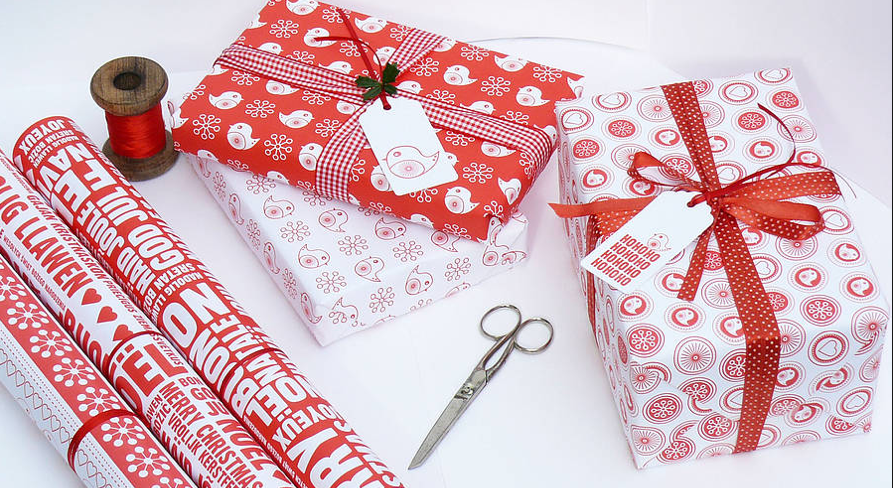
Wrapping Paper Cost-effective
Importing wrapping paper from manufacturers and suppliers in countries like China can be cost-effective compared to buying from local sources.
Manufacturers in countries with lower production costs can offer competitive pricing, allowing importers to save on costs and increase their profit margins.
Wide Range of Designs: Manufacturers and suppliers in countries with a rich history of paper production, such as China, often offer a wide range of designs for wrapping paper.
From traditional to contemporary, and from festive to sophisticated, importers can find a diverse range of designs that cater to different occasions and preferences.
Wrapping Paper Customization Options
Many wrapping paper manufacturers and suppliers offer customization options, allowing importers to create their own unique designs.
Customized wrapping paper can add a personal touch to gifts, making them more meaningful and memorable for recipients.
Quality and Sustainability
Reputable wrapping paper manufacturers and suppliers focus on producing high-quality wrapping papers using eco-friendly materials, such as recycled paper and environmentally responsible inks.
By importing from such manufacturers, importers can ensure that the wrapping paper they offer is not only visually appealing but also environmentally responsible, aligning with sustainability goals.
How to Choose Wrapping Paper Manufacturers & Suppliers
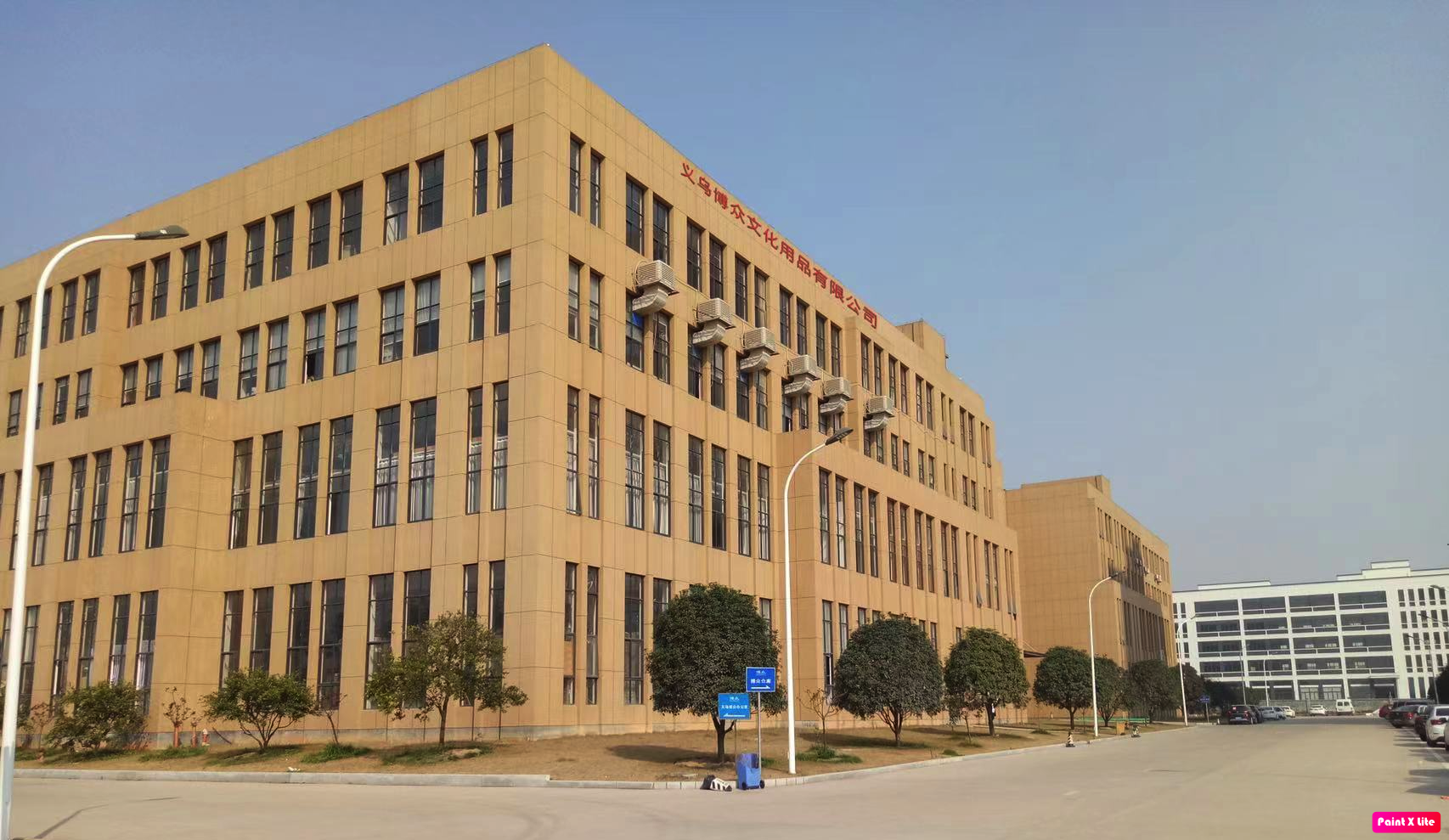
Choosing reliable wrapping paper manufacturers and suppliers is crucial for a successful importing process. Here are some factors to consider when selecting your partners:
Reputation and Experience
Look for manufacturers and suppliers with a proven track record of producing high-quality wrapping paper and serving satisfied customers.
Consider their experience in the industry, customer reviews, and testimonials to assess their reputation and reliability.
Quality and Materials Used
Ensure that the wrapping paper produced by the manufacturers meets your quality standards.
Inquire about the materials used, such as paper type, thickness, and printing inks, to ensure that they are of good quality and environmentally responsible.
Customization Options
If you require customized wrapping paper, check if the manufacturers offer customization options and the flexibility to accommodate your specific design requirements.
Pricing and Payment Terms
Compare pricing among different manufacturers and suppliers to ensure that it aligns with your budget and business goals.
Inquire about payment terms, such as deposit requirements, payment methods, and currency exchange, to ensure smooth financial transactions.
Shipping and Delivery
Consider the shipping and delivery options offered by manufacturers and suppliers, including shipping methods, delivery times, and shipping costs.
Ensure that they can provide timely and reliable delivery to your location.
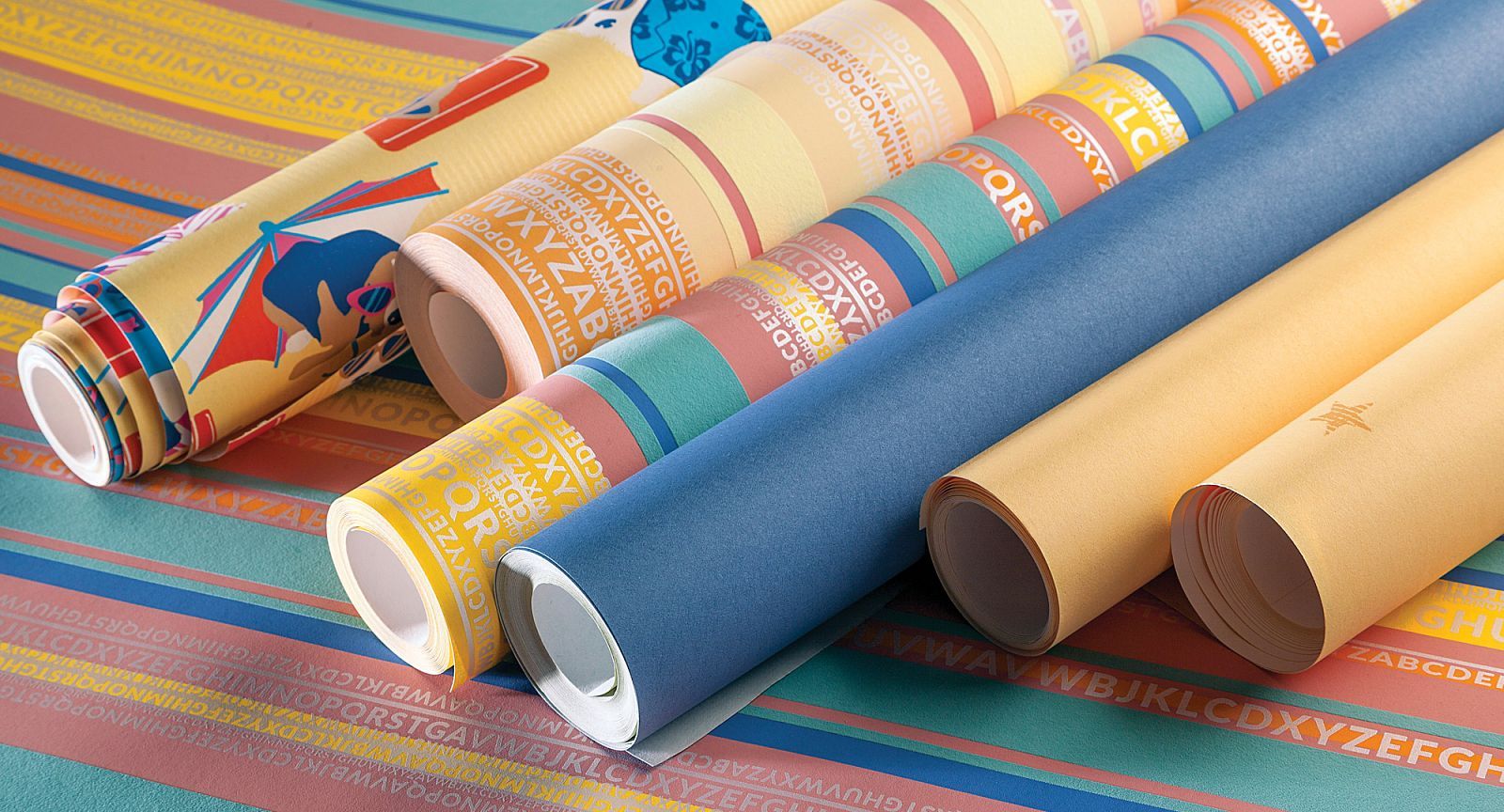
Importing wrapping paper from another country can come with certain challenges that need to be addressed. Some common challenges include:
Language and Communication
Dealing with manufacturers and suppliers in a foreign country may require effective communication despite language barriers. It's important to establish clear communication channels, use professional translation services if needed, and ensure that both parties understand each other's expectations.
Shipping and Customs Regulations
Navigating shipping and customs regulations in the importing country can be complex.
It's essential to be aware of import/export regulations, customs duties, taxes, and other related requirements to avoid delays or additional costs.
Quality Control
Ensuring the quality of wrapping paper when importing can be challenging, as you may not have the opportunity to physically inspect the products.
It's crucial to establish quality control measures, such as requesting samples, conducting inspections, and working with trusted manufacturers or suppliers.
Payment and Currency Exchange
Managing payments and currency exchange can also be challenging when importing wrapping paper.
It's important to understand the payment methods accepted by the manufacturers or suppliers, the currency used for transactions, and any associated fees or exchange rate fluctuations.
Tips for Successful Importing Wrapping Paper

To ensure a successful importing process for wrapping paper, consider the following tips:
Research and Due Diligence
Conduct thorough research on potential manufacturers and suppliers, including their reputation, experience, product quality, and customer reviews.
Request samples or visit their facilities if possible to assess their capabilities.
Communication and Documentation
Establish clear communication channels with the manufacturers or suppliers, and ensure that all agreements, specifications, and requirements are documented in writing.
Keep all communication and documentation organized for easy reference.
Quality Assurance: Implement quality control measures, such as requesting samples, conducting inspections, and testing the products to ensure that they meet your quality standards.
Building Long-term Relationships
Building long-term relationships with reliable manufacturers or suppliers can benefit your business in the long run.
Cultivate a good business relationship based on trust, mutual understanding, and consistent communication.
Process of Manufacturing Wrapping Paper
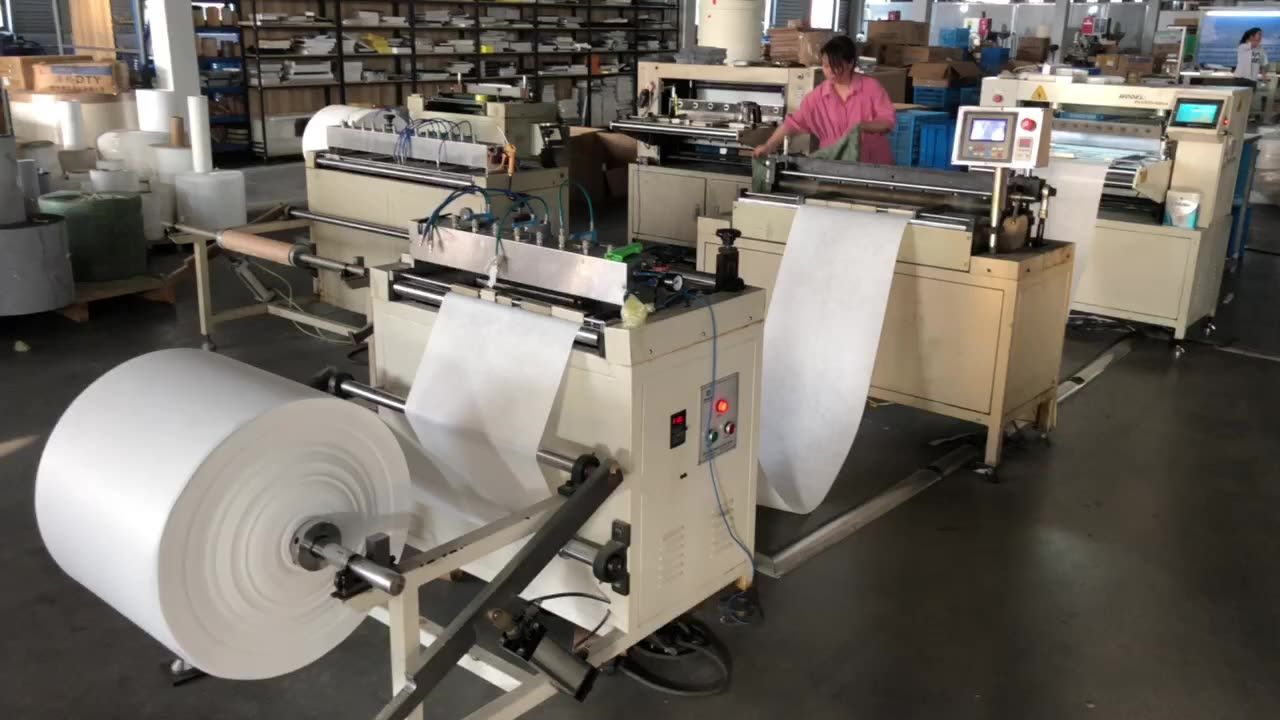
The process of manufacturing wrapping paper involves several steps, from sourcing raw materials to printing and finishing. Here is an overview of the typical process:
Raw Material Sourcing
The first step in wrapping paper manufacturing is sourcing the raw materials, which usually include wood pulp from trees.
Many manufacturers now opt for sustainably managed forests to ensure a responsible and renewable source of raw materials.
Pulping and Bleaching
The wood pulp is then processed through a pulping and bleaching process to remove impurities and create a smooth and uniform pulp. This pulp is then mixed with water to create a slurry, which is used to make the paper.
Papermaking
The slurry is poured onto a wire mesh conveyor belt, and water is drained out to form a sheet of wet paper. The paper is then pressed to remove more water and dried using heat or air.
Coating and Printing
Once the paper is dried, it may go through a coating process to add a glossy or matte finish. After coating, the paper is printed with various designs, patterns, and colors using printing presses and inks.
Finishing Step
The final step in the manufacturing process is finishing, which may include cutting the paper into sheets or rolls, adding special effects like foiling or embossing, and packaging the finished wrapping paper for distribution.
Importance of Quality in Wrapping Paper Manufacturing
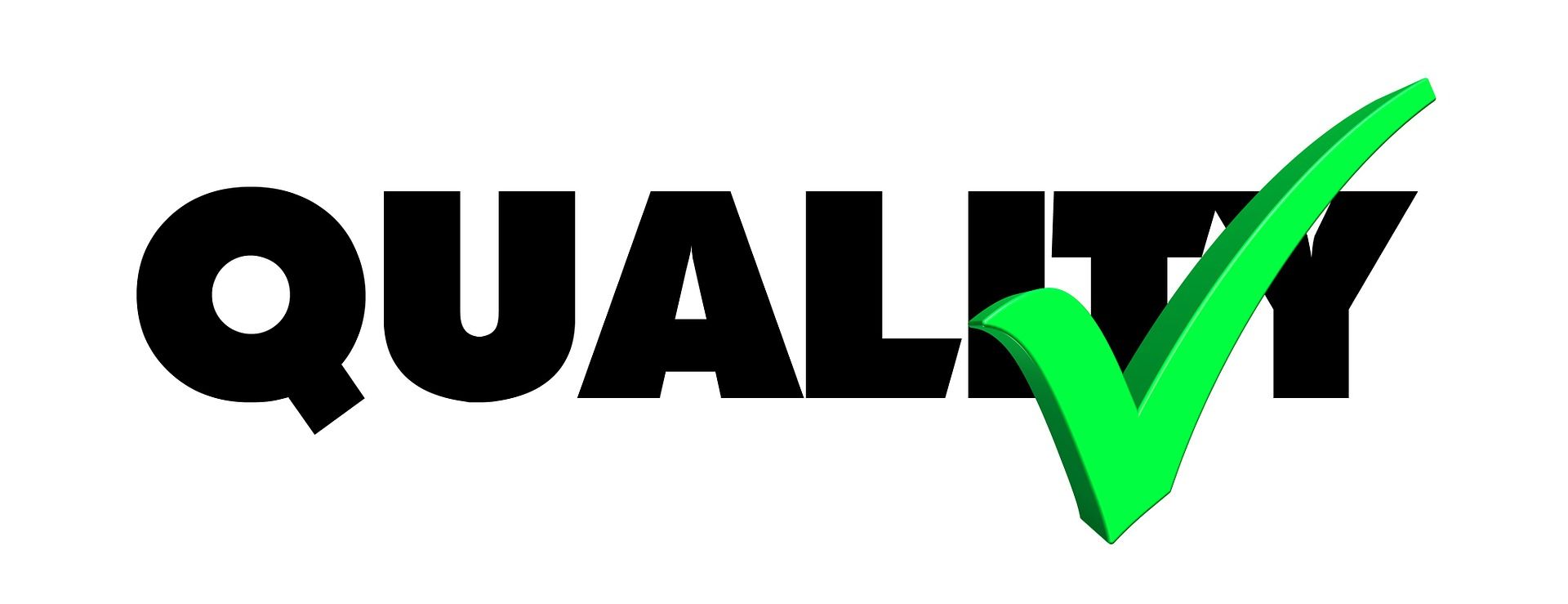
Quality is of utmost importance in wrapping paper manufacturing. Consumers expect wrapping paper to be durable, tear-resistant, and visually appealing.
A low-quality wrapping paper can result in a disappointing gift-wrapping experience, with the paper tearing or not holding up well during the wrapping process.
Wrapping paper manufacturers need to ensure that their products meet quality standards, both in terms of materials used and printing techniques.
They need to invest in quality control measures, such as regular testing of raw materials, monitoring of printing processes, and inspection of finished products.
This ensures that the wrapping paper is of high quality, visually appealing, and meets consumer expectations.
Innovations in Wrapping Paper Manufacturing

The wrapping paper manufacturing industry is constantly evolving, with manufacturers exploring new materials, printing techniques, and designs to meet changing consumer demands. Some of the innovations in wrapping paper manufacturing include:
Sustainable Materials
As mentioned earlier, many wrapping paper manufacturers are now using sustainable materials, such as recycled paper, biodegradable or compostable materials, and water-based inks, to reduce their environmental impact.
Digital Printing
Digital printing has revolutionized the wrapping paper manufacturing process by allowing for more intricate and detailed designs.
It eliminates the need for traditional printing plates, reducing waste and enabling faster production.
Customization
Wrapping paper manufacturers are now offering customizable options for consumers, allowing them to create their own unique designs or personalize wrapping paper for special occasions. This customization trend has gained popularity, as it adds a personal touch to gift-giving.
Texture and Special Effects
Wrapping paper manufacturers are experimenting with different textures and special effects, such as embossing, foiling, and 3D designs, to create visually appealing and tactile wrapping paper that enhances the overall gift-wrapping experience.
Digital Marketing and E-commerce: Many wrapping paper manufacturers are leveraging digital marketing and e-commerce platforms to reach a wider audience and promote their products.
They are utilizing social media, online marketplaces, and their own websites to showcase their products, engage with customers, and drive sales.
Packaging Innovation
Wrapping paper manufacturers are also exploring innovative packaging options, such as reusable or biodegradable packaging materials, to reduce waste and promote sustainability throughout the entire product lifecycle.
Why Choose MIKIREI for Importing Wrapping Paper

MIKIREI is a renowned name in the wrapping paper manufacturing industry, offering a wide range of high-quality wrapping papers for various occasions. Here are some reasons why you should consider importing wrapping paper from MIKIREI:
Premium Quality Wrapping Paper
MIKIREI is committed to producing wrapping papers of exceptional quality.
They use premium materials, including recycled paper and eco-friendly inks, to create wrapping papers that are not only visually appealing but also environmentally responsible.
Sustainable Practices
MIKIREI prioritizes sustainability in their manufacturing processes. They use recycled materials, minimize waste, and adopt eco-friendly practices to reduce their environmental impact.
By importing wrapping paper from MIKIREI, you can contribute to promoting sustainability and eco-consciousness.
Wide Range of Wrapping Paper Designs
MIKIREI offers a diverse range of designs to suit various occasions and preferences.
From festive and holiday-themed wrapping papers to elegant and sophisticated designs for special occasions, MIKIREI has something for everyone.
You can find the perfect wrapping paper to complement your gifts and make them stand out.
Wrapping Paper Customization Options
MIKIREI also offers customization options, allowing you to create your own unique wrapping paper designs.
You can add a personal touch to your gifts by customizing the wrapping paper with names, messages, or special images. This level of customization adds a special touch to your gifts and makes them even more memorable.
Competitive Wrapping Paper Pricing
MIKIREI offers competitive pricing for their wrapping papers, making them an affordable choice for importers.
You can enjoy high-quality wrapping papers without breaking the bank, making it a cost-effective option for your gift-wrapping needs.
Excellent Customer Service
MIKIREI has a reputation for providing excellent customer service. Their team is responsive, knowledgeable, and committed to ensuring customer satisfaction. They can assist you throughout the importing process, from order placement to shipping and delivery, making it a hassle-free experience.
Frequently Asked Questions About Import Wrapping Paper from MIKIREI
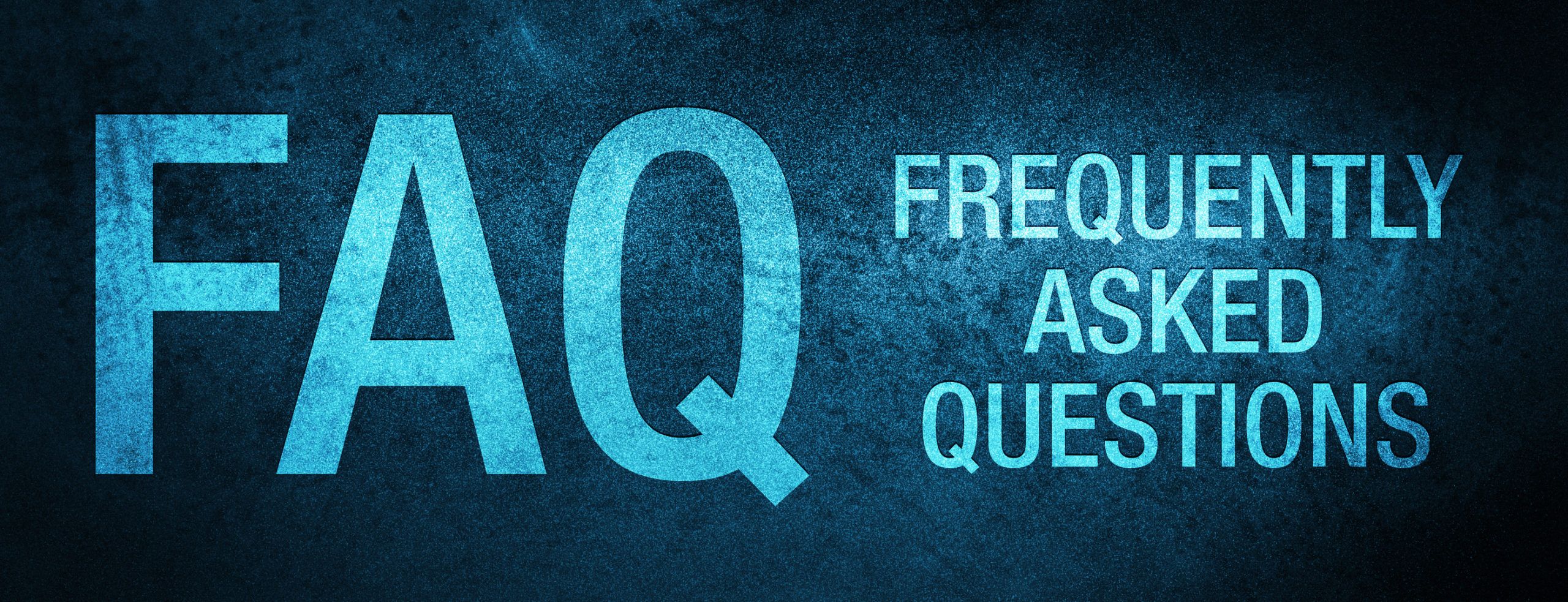
Can I order custom-designed wrapping paper from MIKIREI?
Yes, MIKIREI offers customization options, allowing you to create your own unique wrapping paper designs with names, messages, or special images.
Does MIKIREI offer international shipping for their wrapping papers?
Yes, MIKIREI provides international shipping services, making it possible to import their wrapping papers from anywhere in the world.
Are MIKIREI's wrapping papers made from sustainable materials?
Yes, MIKIREI uses recycled paper and eco-friendly inks in their wrapping papers, prioritizing sustainability in their manufacturing processes.
How can I place an order for MIKIREI's wrapping papers?
You can place an order for MIKIREI's wrapping papers through their website or by contacting their customer service team for assistance.
What are some popular occasions for MIKIREI's wrapping papers?
MIKIREI offers wrapping papers for various occasions, including holidays, birthdays, weddings, anniversaries, and other special events. You can find designs that suit your specific gifting needs.
In conclusion, MIKIREI is a reputable wrapping paper manufacturer that offers premium quality, sustainable practices, a wide range of designs, customization options, competitive pricing, and excellent customer service.
Importing wrapping paper from MIKIREI can be a smart choice for those looking for high-quality, sustainable, and visually appealing wrapping papers for their gifts.
Frequently Asked Questions About Importing Wrapping Paper from China
Is wrapping paper recyclable?
Most traditional wrapping papers are not recyclable due to the glossy or metallic finishes, plastic coatings, and dyes.
However, there are now eco-friendly wrapping papers made from recycled materials that are recyclable or compostable.
Can I import wrapping paper from China?
Yes, it is possible to import wrapping paper from China. However, it is essential to research and comply with the regulations and customs requirements of both the exporting and importing countries.
What are some eco-friendly alternatives to traditional wrapping paper?
Eco-friendly alternatives to traditional wrapping paper include recycled paper, biodegradable or compostable materials, and water-based inks. These options are more sustainable and have a lower environmental impact.
How can wrapping paper manufacturers promote sustainability?
Wrapping paper manufacturers can promote sustainability by using sustainable materials, adopting eco-friendly practices, minimizing waste and emissions, educating consumers about responsible consumption, and collaborating with other stakeholders in the supply chain.
Are there any trends in wrapping paper manufacturing?
Yes, there are several trends in wrapping paper manufacturing, including the use of sustainable materials, digital printing, customization, texture and special effects, digital marketing and e-commerce, and packaging innovation.
Conclusion
Wrapping paper manufacturers play a crucial role in the gift-wrapping industry, and their practices and choices can significantly impact the environment and consumer experience.
As consumers become more environmentally conscious, there is a growing demand for sustainable and high-quality wrapping paper.
Manufacturers need to adopt eco-friendly practices, ensure product quality, and embrace innovations to meet changing consumer demands and promote sustainability.






